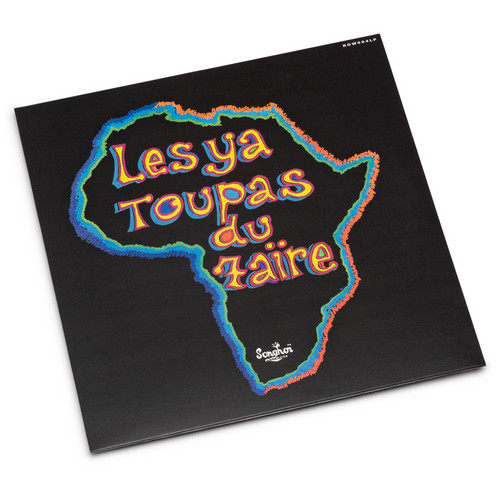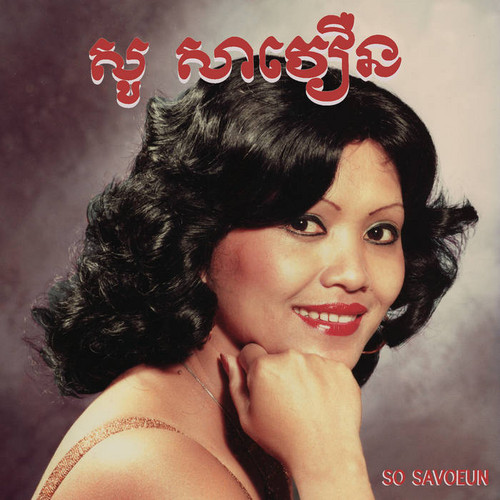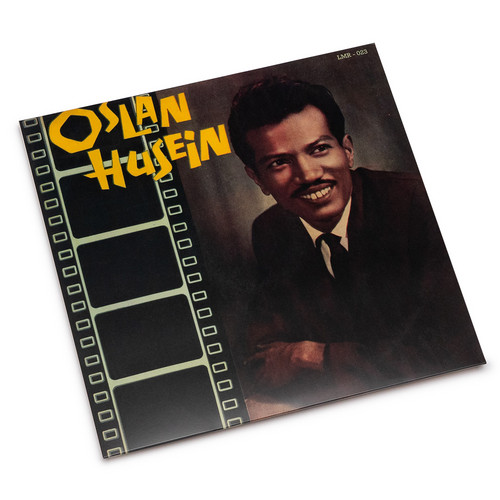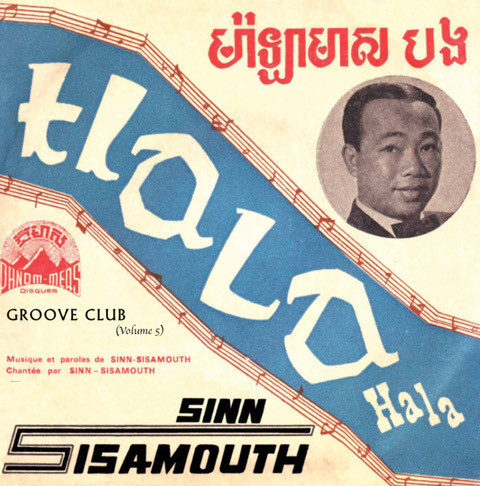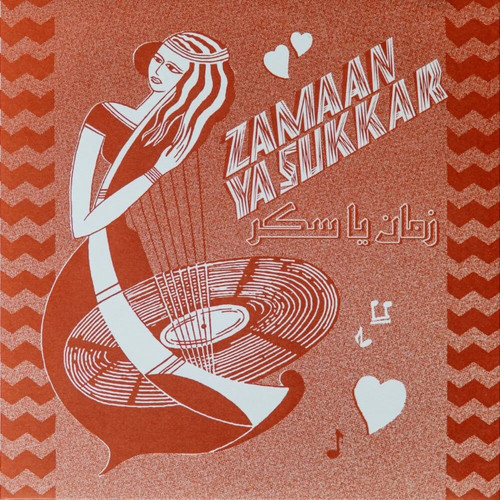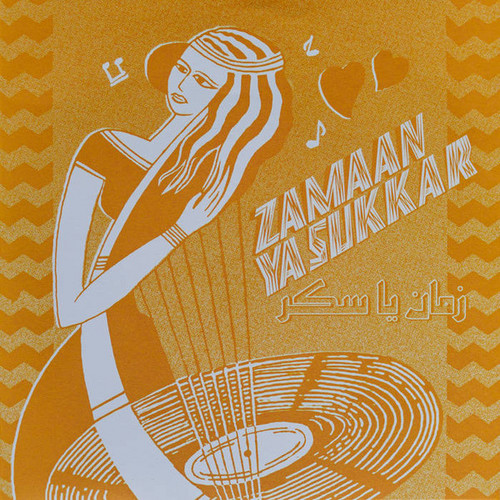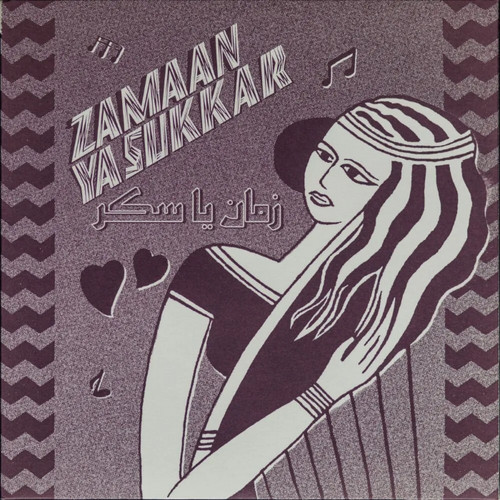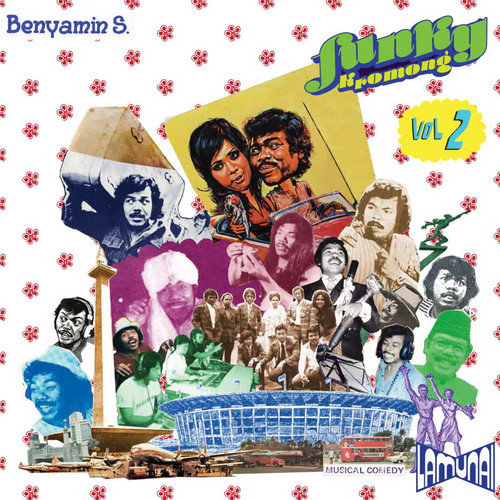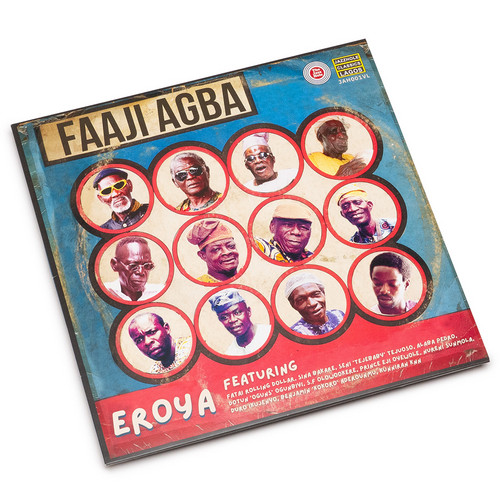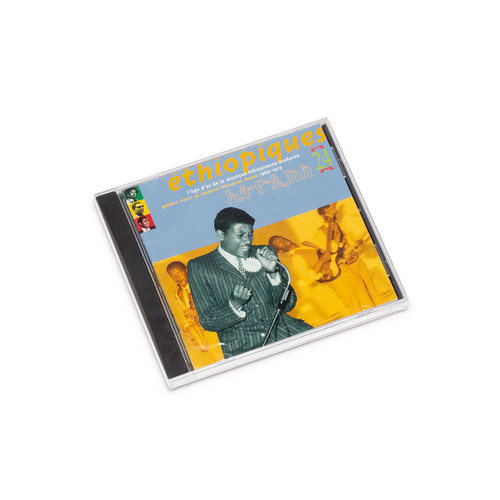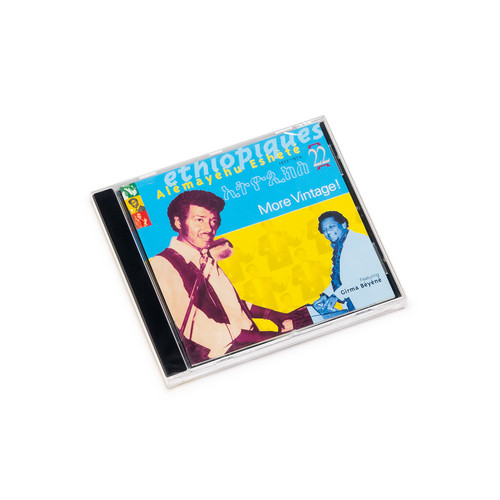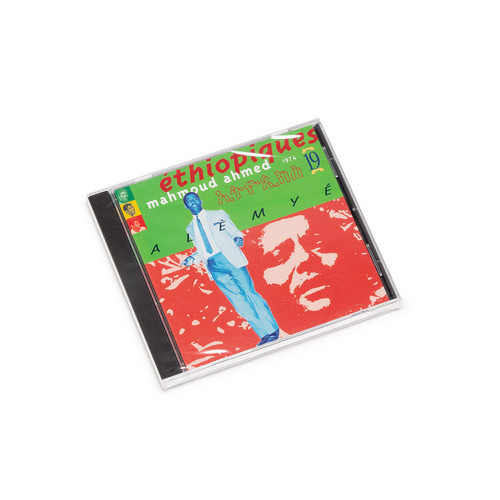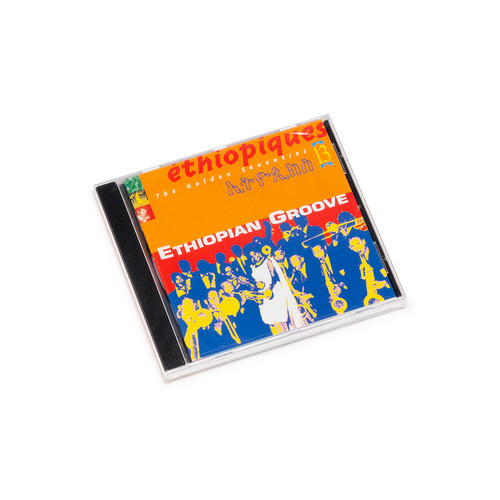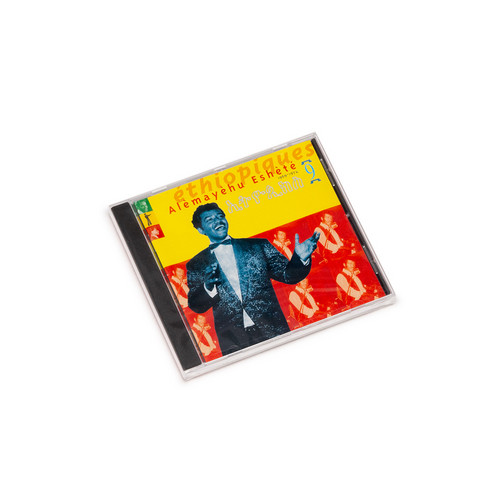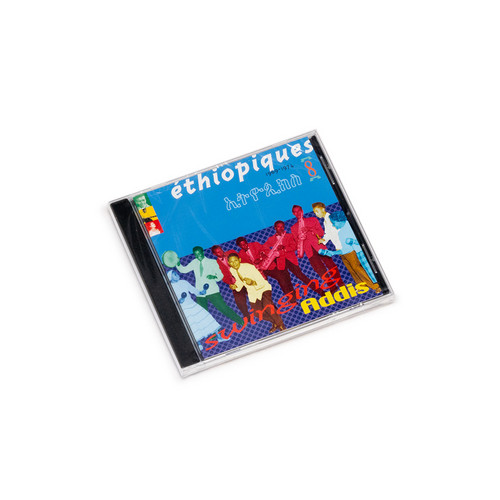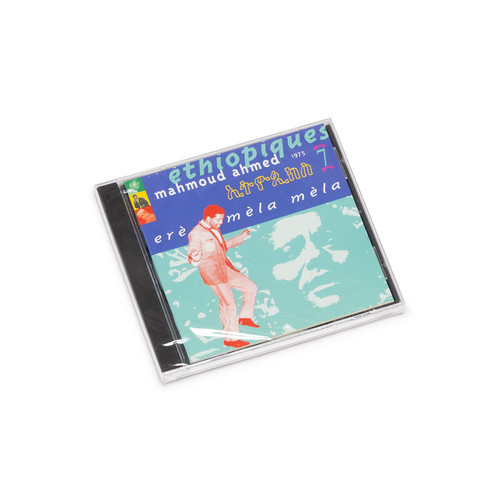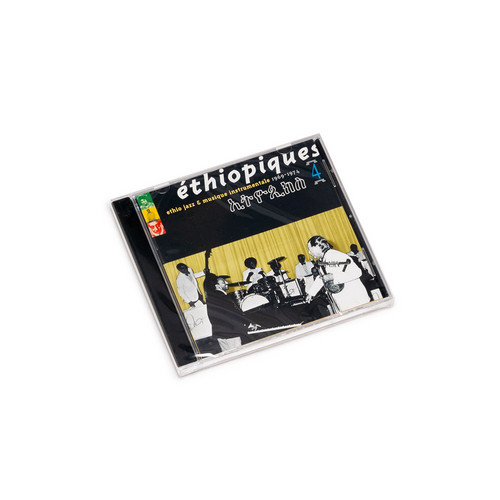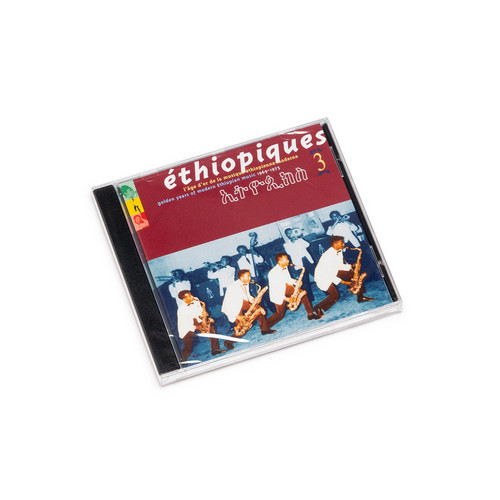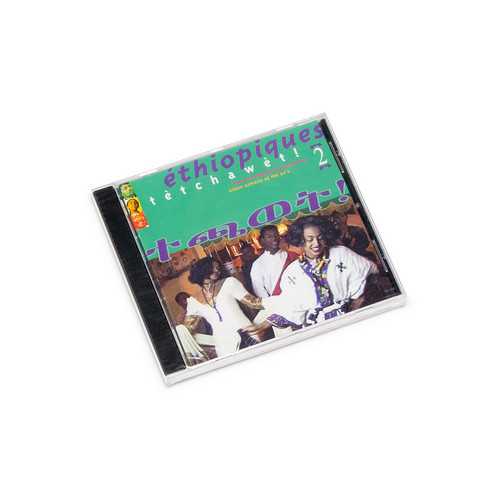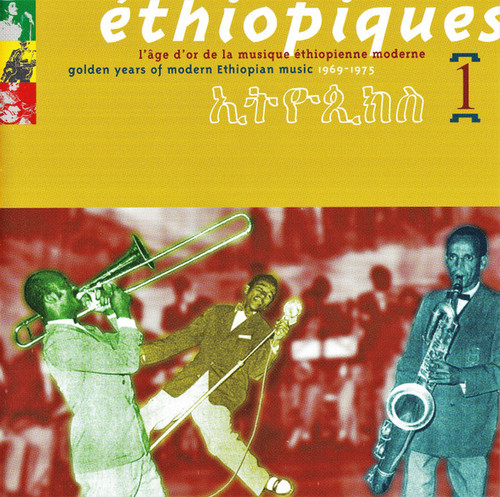Folk /
Les Ya Toupas du Zaïre
Les Ya Toupas is a band formed in 1976 by Bopol Mansiamina (Bass - Success Mode, 4 Stars ..), Manuaku Waku (aka Grand Zaiko Wawa) and Ray Lema (Piano, Organ and Guitar). In 1978, they recorded this unique and unclassifiable instrumental album, Les Ya Toupas du Zaïre, produced by Gérard Akueson (founder of Akue Records and Abeti's producer). The LP is composed of minimalist Afro Jazz rhythms and Deep Funk grooves that are close at times to a tropical trance, all played by musicians who used to of…
The Golden Voice of Phnom Penh, 1962-1974
Akuphone and The Cambodian Vintage Music Archive proudly present the first-ever retrospective dedicated to So Savoeun—one of the radiant voices that defined Phnom Penh’s golden age of sound in the 1960s and 1970s. In those vibrant years, the city pulsed with music: rock bands, crooners, and traditional ensembles blended East and West, shaping a uniquely Cambodian pop that shimmered with hope and modernity. Amid this flourishing scene, So Savoeun’s voice stood out—silken yet powerful, intimate ye…
Oslan Husein
In truth, singing is not all that different from acting. Performing a song is very similar to playing a role in a theatrical production. A singer's delivery — the way they interpret and emphasize certain parts of a song — is much like what an actor does with their character. That's why we often find singers who go on to gain popularity as performers — some on stage, but more often on the silver screen (film). These are called 'singing stars' — vocalists who are also featured actors, usually give…
Groove Club Vol. 5: Sinn Sisamouth Vol. 2
Several years in the making, Lion can now finally deliver on our promise of another Groove Club volume dedicated to the deep and moving (and grooving) compositions of Sinn Sisamouth, sung by the Emperor of Khmer music himself, alone or duetting with the other legendary singer of those halcyon days in Cambodian music: Ros Sereysothea, the "Queen with the Golden Voice.”
Belghi Kull Mawaidi
Following its highly sought-after Zamaan Ya Sukkar compilation, Souma Records once again presents a collection of 3 singles with inimitably groovy Egyptian and Lebanese exotica, unearthed from the hallowed vaults of Sono Cairo and Voix De L’Orient’s archives. These rare gems, born from a time of boundless musical experimentation in the Arab world, capture the vibrant, ever-evolving soundscapes of Cairo, Beirut, and beyond. Each track invites listeners onto a sonic voyage where the familiar and t…
Mazzika Nicab
Following its highly sought-after Zamaan Ya Sukkar compilation, Souma Records once again presents a collection of 3 singles with inimitably groovy Egyptian and Lebanese exotica, unearthed from the hallowed vaults of Sono Cairo and Voix De L’Orient’s archives. These rare gems, born from a time of boundless musical experimentation in the Arab world, capture the vibrant, ever-evolving soundscapes of Cairo, Beirut, and beyond. Each track invites listeners onto a sonic voyage where the familiar and t…
Zamaan Ya Sukkar
Following its highly sought-after Zamaan Ya Sukkar compilation, Souma Records once again presents a collection of inimitably groovy Egyptian and Lebanese exotica, unearthed from the hallowed vaults of Sono Cairo and Voix De L’Orient’s archives. These rare gems, born from a time of boundless musical experimentation in the Arab world, capture the vibrant, ever-evolving soundscapes of Cairo, Beirut, and beyond. Each track invites listeners onto a sonic voyage where the familiar and the avant-garde …
Funky Kromong Vol. 2
Funky Kromong Vol. 2 continues the legacy of Vol.1 by featuring unbeatable songs. At this time's release, Lamunai Records re-selected some of the songs by legendary musician Benyamin Suaeb who showed his excellence in combining traditional Betawi elements with innovative funk and groovy rhythms. Each track in this compilation brings listeners a unique musical journey, blending Benjamin's distinctive humor with a nuance of sound.
Vol. 2 not only maintains the eccentric spirit and intelligent sati…
Faaji Agba
Eroya is a collective of elder and young musicians based in the heart of Lagos which takes you on a journey dating back from the late 1940s to contemporary Naija grooves - from palm-wine, agidigbo grooves, juju/owambe styles, highlife melodies to afro-funk and afrobeats. Key members includes Sina Ayinde Bakare, son of the legendary maestro Ayinde Bakare the originator of Juju music, Multi-instrumentalist juju singer Fatai Rolling Dollar, Afro-funk tenor saxophonist Prince Eju Oyewole and afrobea…
Éthiopiques 24: Golden Years Of Modern Ethiopian Music 1969-1975
*2024 stock* As was the case with Ethiopiques 1 and 3, this 24th CD in the Ethiopiques collection presents a selection of powerful pieces from the historical Amha Records catalogue. We meet again with such artists as Ayaléw Mèsfin, Gétatchèw Kassa and Sèyfou Yohannes, and are introduced to other artists as yet unreleased or hardly known in the West, among them Menelik Wèsnatchèw, Seyoum Gèbrèyès, Tamrat Molla and Wubshèt Fisseha. Bonus tracks: Two pieces by the young Mulatu Astatqé, recorded in …
Éthiopiques 22: More Vintage! 1972-1974
*2024 stock* Alèmayèhu Eshèté is no less than one of the great voices of the heyday of modern Ethiopian music -- the Swinging Sixties which, in Ethiopia, went on until the fall of the Emperor Haile Sellassie I in 1974. On a par with Tlahoun Gèssèssè, Bzunèsh Bèqèlè or Mahmoud Ahmed, Alèmayèhu is a star at the top of the constellation that once lit up the wild nights in the capital city Addis Ababa. The singer, as remarkable for his frenetic rock numbers as for his heart-rending ballads, has, by …
Éthiopiques 19: Alèmyé
*2024 stock* «An authentic legend in Ethiopia, Mahmoud Ahmed has laid down the basis of a music style which is resolutely original in the way it synthesizes the most diverse influences into a language both typical and universal. With his haunting, serpentine voice, at the same time raucous and velvety, Mahmoud Ahmed has invented a world of uncertain borders, an improbable mix of Eastern-African rhythmic lines, mysterious laments with refined ornamentation and melodies of unexpected Indian modula…
Éthiopiques 13: Ethiopian Groove - The Golden Seventies
*2024 stock* An augmented, improved and remastered edition of the legendary anthology of Ethiopian groove that was issued in the 1990s. This selection is a tribute to the haydays of Ethiopian music and reproduces the final salvos of the musical fireworks before they were brutally extinguished by the dictatorship. 1969-78: this near-decade was undoubtedly the golden age of modern Ethiopian music, with its swinging, thunderous or simply gigantic brasses and historic singers adapting and rearrangin…
Éthiopiques 9 (1969-1974)
*2024 stock* The Alèmayèhu songs already presented in Ethiopiques 3 and 8 have given a foretaste of this outstanding stylist of Ethiopian pop, a singer as remarkable for his frenetic rock numbers as for his heartrending ballads. By dint of rampant Americanism, he earned himsef such nicknames as The Ethiopian James Brown or the Abyssinian Elvis. With his dazzling stage presence, nimble voicebox and wicked pompadour, he is a strutting show-off, straight out of American Graffiti or Saturday Night F…
Éthiopiques 8: Swinging Addis
*2024 stock* In the 1960s there was a Swinging Addis just as there was a Swinging London. In Ethiopia, as in Europe bor the USA, the first generation born after the war made their noisy, colourful breakthrough onto the scene. A veritable cultural revolution rather than a simple generational conflict. With music as its detonator and its common denominator. This volume aims to collect the clearest examples of soul, R'n'B and even twist in the recordings of the Ethiopian 'sixties'. The quintessence…
Éthiopiques 7: Erè Mèla Mèla
*2024 stock* Erè mèla mèla was the very first record of modern Ethiopian music released in Europe (Crammed Discs, Brussells, 1986). It is only logical that it should be reissued today, expanded and remastered, in the Ethiopiques series. This volum 7 of Ethiopiques includes all of the Mahmoud Ahmed's recordings released in 1975 by Kaifa Records, i.e. the LP KF 20 plus 2 tracks released on another 45 and two additional songs included in the first Crammed release, two masterpieces from an album rel…
Éthiopiques 4: Ethio Jazz & Musique Instrumentale 1969-1974)
*2024 stock* In the Ethiopian musical world, Mulatu Astatqé is a typical, totaly unique personality, a legend unto himself. For 30 years, he has been an inescapabe presence, a virtual statue casting a long shadow over the Ethiopian scene. His true singularity resides in his efforts in instrumental music in a country where musical culture and tradition are strangers to it. Note: Jim Jarmush put some of these hypnotic instrumentals to great use in the soundtrack of his film Broken Flowers
Éthiopiques 3: Golden Years Of Modern Ethiopian Music 1969-1975
*2024 stock* The Amha Records label issued approx 250 tracks in six years (1969-1975). 8 songs on this "Ethiopiques 3" CD are accompanied by bands affiliated with the Police. Indeed, until the very end of the 1960s, Ethiopia had no independant modern bands. Musical life was wholly dominated by the institutional bands attachd to either the Imperial Body Guard, the Police, the Army, the ciry of Addis Ababa, Agher Feqer Mahber or the Hayle Sellasie Theatre. Each of these institutions developed seve…
Éthiopiques 2: Tetchawet!
*2024 stock* Originally wandering minstrels, sharp-tongued peddlers who roamed the old Abyssinian countryside, many azmaris more or less settled down after the founding of Addis-Ababa just over a century ago. The cleverest of them quickly understood that they should set up their own businesses and take a cut on the drinks, instead of getting by on tips earned singing their way from one bar and tedjbèt (taverns serving tedj, the local mead) to another. (…) They have taken over the city by giving …
Éthiopiques 1 - Golden Years Of Modern Ethiopian Music 1969-1975
*2024 stock* 1969-1978. The main body of Ethiopian records was produced in less than one decade: all in all, just under 500 45s and around 30 LP albums. Amha Eshèté, creator of the Amha Records Label, was the driving force behind this brief creative burst and one of the main founders of the modernist movement, which swept the Ethiopian scene during the end of the rule of the Emperor Haile Sellassie. In six years (1969-1975), Amha issued approx 250 tracks. From his first recordings, he dispayed a…
